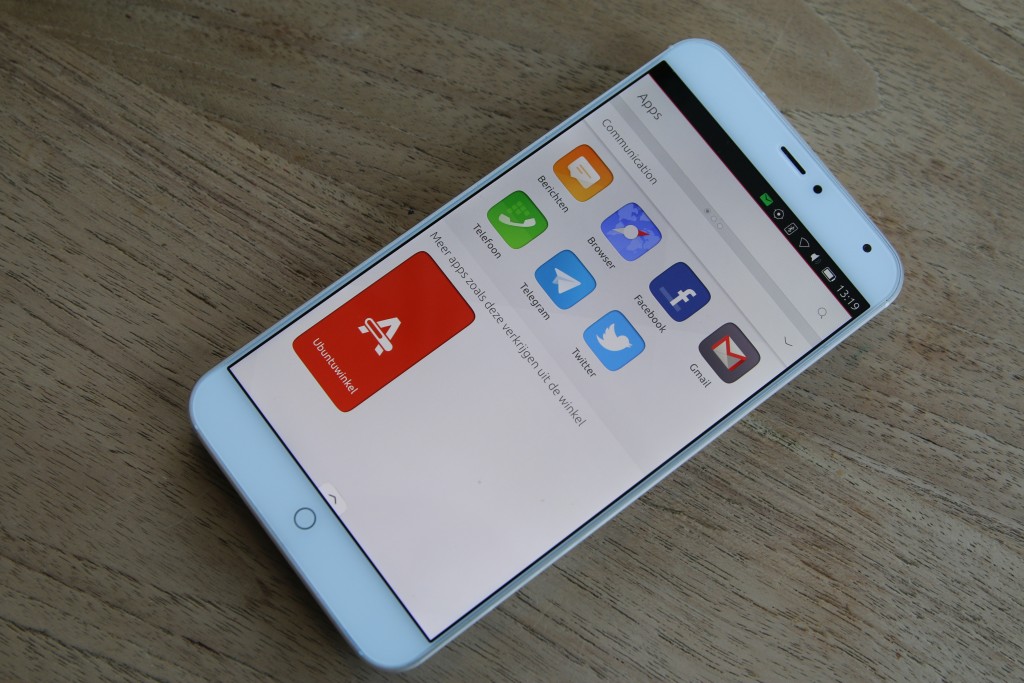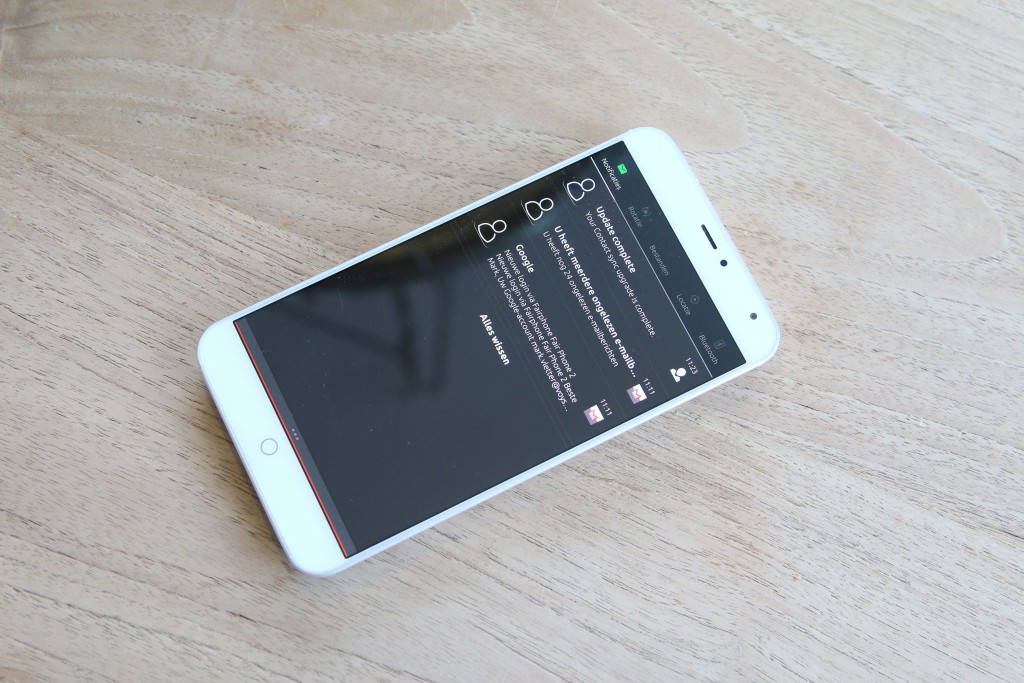Ubuntu Phone, too little too late?
Written by Mark Vletter on 10th February 2016
An average smartphone user knows two or three operating systems: Android, iOS and maybe Windows Phone. In recent years, there are new players trying to break into the smartphone front. One of those players is Ubuntu. Already in 2012, there was talk of Ubuntu for Android. This was followed by a stunt of Ubuntu. They tried to collect the record amount of $ 32 million via crowdfunding for a revolutionary smartphone. We immediately became ‘backers’ of the project, but to no avail. The Ubuntu Edge did not make it.
Convergence, your mobile is a computer
The revolutionary idea was mainly in convergence; your mobile phone will behave like a computer. When Ubuntu in 2015 finally came up with a powerful smartphone made by Meizu, we ordered the sharply priced (€ 299) device.
Now, six months later and after a lot of software updates, we can make a judgment. Ubuntu for smartphone, will it work?
Meizu hardware and Ubuntu software
The hardware certainly is fine. A good camera, well-built device, gorgeous screen; there is little to criticize. I think it’s smart of Ubuntu to shift the focus from building its own hardware, what they tried to do with the Edge, to building only the software. Unfortunately, the software remains the part of the phone that’s lacking, even after four updates.
The basics are well made. Calling, texting, the camera and browser: everything works fine. Browsing also works very quickly. The performance is – except for movie playback – often better than on alternatives with similar hardware, but that’s where it ends.
Meizu makes good hardware, Ubuntu software.
A lack of apps
If you use a phone every day, you need apps. The web variant of many apps – on which Ubuntu depends heavily – does not yet exist or is pretty bad. The recent Rabobank app fiasco has proven that you have to be a really good web app builder if you want to build a good performance hybrid or web container app. It is possible, but Rabobank amongst many others couldn’t do it.
With smartphones, it’s very important that the basics are good. Of course, that’s the case for calling, texting, contacts, Internet and good hardware, but it’s especially the case for the app ecosystem. Microsoft understood this when they entered the smartphone market. They even paid developers to create apps for their platform. That’s the reason why they are a growing player in the business market, where the app ecosystem around Office 365 is quite strong. Ubuntu doesn’t have the resources to do so.

The download store is still suspiciously empty.
A mini market
Ubuntu is not a known brand and is therefore something for the fans. 1.8% of desktop/laptops is running on a Linux OS, so that’s your direct market. With such a small direct market, the potential target market for the app store is small, which is not very attractive for developers. If Ubuntu wants to promote its smartphone platform, it would have to spread the resources: marketing to end customers, marketing to phone makers, marketing to app builders, etc. If you take into consideration that the current Ubuntu smartphone only has one big USP – a desktop and phone OS in 1 – things will become pretty difficult.

Synchronising contacts is working, but calendar appointments still don’t appear.
A unique function lost
Meanwhile, other players are catching up to the unique convergence feature. Microsoft announced a much more developed Continuum-dock when they released their last major Windows Phone update (but even they are struggling). Google has been busy merging Android and Chrome OS, which is likely to grow to a similar solution.
What’s next for Ubuntu?
The question that arises is what Ubuntu is going to do about these challenges.
- The brand is unknown, especially in the telecom market;
- Ubuntu does not have a highly distinctive USP;
- Ubuntu doesn’t have a good app ecosystem nor the resources to build it;
- Mobile Internet in many countries still is too slow for Internet-only apps, which also means that these types of apps are not there yet.
In November 2015, Mark Shuttleworth of Ubuntu said that the smartphone is not ready for the big public. I wonder whether the Ubuntu smartphone is ever going to be at all.





Your thoughts
Written by Kostiantyn Rybnikov on 29th January 2016
I think if it’ll have a solid base set of apps like mail client, notes, browser, calendar etc. and it will be “real ubuntu” for which you can program in your favorite python/haskell/whatever and it’ll have a decent battery life – I would consider having one.